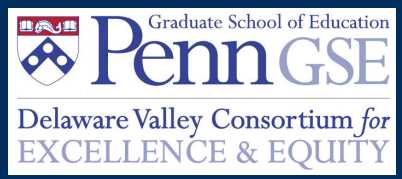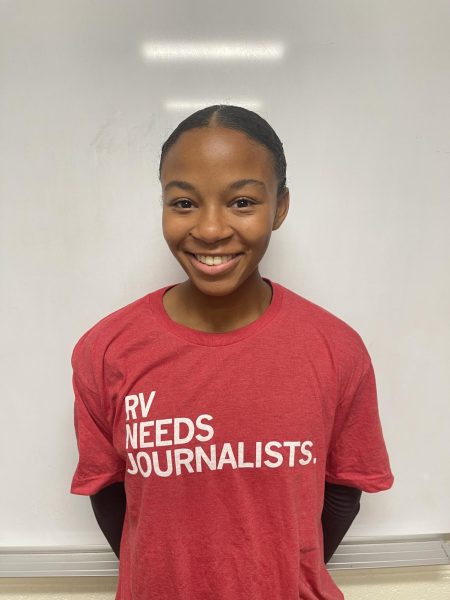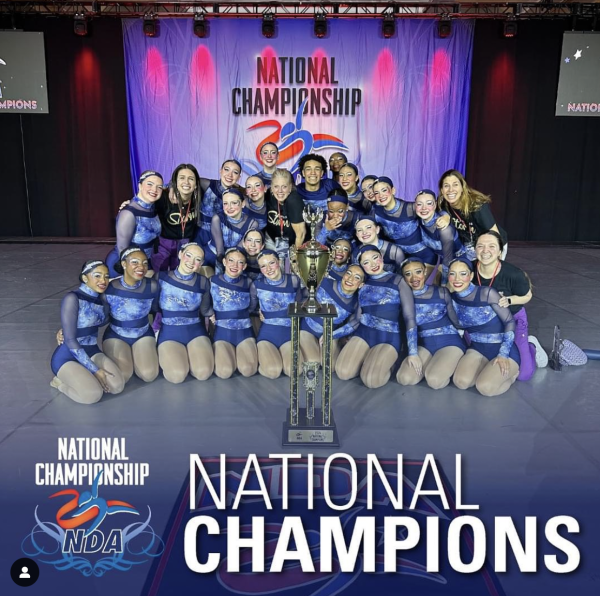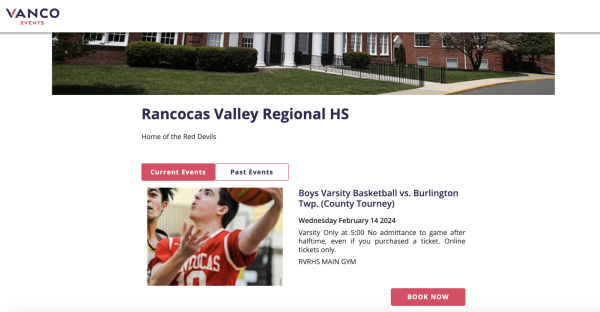RV completes Excellence through Equity Quality Program review by the DVCEE
RV begins with immediate action to improve upon the district’s equity for all students
May 12, 2021
The Board of Education approved the Excellence Through Equity Quality Program Review by the Delaware Valley Consortium for Excellence & Equity (DVCEE) on April 27. The review consisted of a panel which convened to provide the district with a report of its current educational equity and provide guidance on how to improve upon it.
The administration began to plan for the future in 2015, when strategic plans and stakeholders were introduced into the district to discuss the positive and negative aspects of RV. Diversity was a common topic of discussion within focus groups that consisted of students, board members, administrators and community members.
“[The review] was going to be a continuation of our equity work back in 2017,” superintendent Dr. Heilig said. “We felt like we needed to do a deeper dive sooner than later as far as equity goes, and I like [the study’s] systemic approach.”
The DVCEE frames its study around six specific goals: Comparably High Academic Achievement And Other Student Outcomes, Equitable Access And Inclusion, Equitable Treatment, Equitable Opportunity To Learn, Equitable Resources and Accountability. Based on these goals, the team provides recommendations for improvements.
“DVCEE recommends that this may be a most opportune time to re-conceptualize and redevelop the Equity, Diversity, Inclusion and Cultural Competency Committee/Equity and Inclusion Task Force,” the report said in terms of “Reorganizing for Equity.”
RV plans to expand its stakeholder groups and focus specifically on equity rather than an array of issues (the foundation for the redevelopments the to which the DVCEE refers).
Among the five recommendations listed under the Equitable Access and Inclusion, Treatment and Opportunity to Learn section, “expand[ing] communications and collaboration with the five sending school districts to address patterns of inequity that may originate in the primary education years and persist through grades 9‐12,” is recommended by the DVCEE which in turn presents a greater need for parent involvement in decision-making, enhancement of courses and “culturally responsive pedagogy.”
“Attract and retain teachers, counselors and school leaders of color,” is listed as the first need under the Accountability section, followed by a need for a curriculum audit. These have been topics of discussion among students with the recent approval of the African American History elective.
“That’s one of those things that people talk about and they feel like, ‘how can we increase representation within our curriculum and then synthesize that throughout all curriculums?’” Dr. Heilig said. “That’s why I wanted that systemic approach, so we definitely need to do a curriculum audit…Since we passed that new course I think after we do an audit we’re definitely going to have a plan in the end of the next couple of years.”
In response to the review, RV plans to not only reevaluate the curriculum of electives as new courses are approved, but also take a deeper look into existing curriculums in core classes.
“I don’t want just new courses, that will be a part of it, but I also want a culturally responsive thread that goes through all courses,” Dr. Heilig said. “We have new courses, and only certain students are going to take [those], so when I say the word systemic, I mean this is going to be effective for all of our students…the systemic part of it is how are we going to infuse culturally responsive curriculum in all of our courses so that it hits all of our students?”
When I say the word systemic, I mean this is going to be effective for all of our students…the systemic part of it is how are we going to infuse culturally responsive curriculum in all of our courses so that it hits all of our students?
— Dr. Heilig
Now that the DVCEE provided RV with recommendations on how to improve upon equity within the district, the administration plans to take immediate action.
“The immediate action will be to put those stakeholder groups together, and at the same time we are developing action plans,” Dr. Heilig said. “To align it with what we’ve done, doing it this way there’s accountability. This is something that is approved from top to bottom and it’s going to be done to the best of our ability…we do what we do best and just keep pushing the district forward.”
As RV continues to involve students and the community in the process of creating change, transparency with those affected by the implemented changes is key.
“One of the ways to be transparent is getting the information out there, just making sure that we post consistent updates,” Dr. Heilig said. “Those stakeholder groups will be really important because they will be like the mouthpiece for their specific group…so they are going to go back to their communities. Our students groups [will be] the mouthpiece of everybody, all of our 2,000 student body.”
RV will continue to utilize the DVCEE’s report as guidance for improving equity as the administration begins to act by building stakeholder groups that aid in creating long-lasting change in the district.
“I say we do something right if you want to make sure that we do it and it’s systemic and it’s going to be here for thirty years after we’re all gone,” Dr. Heilig said.












